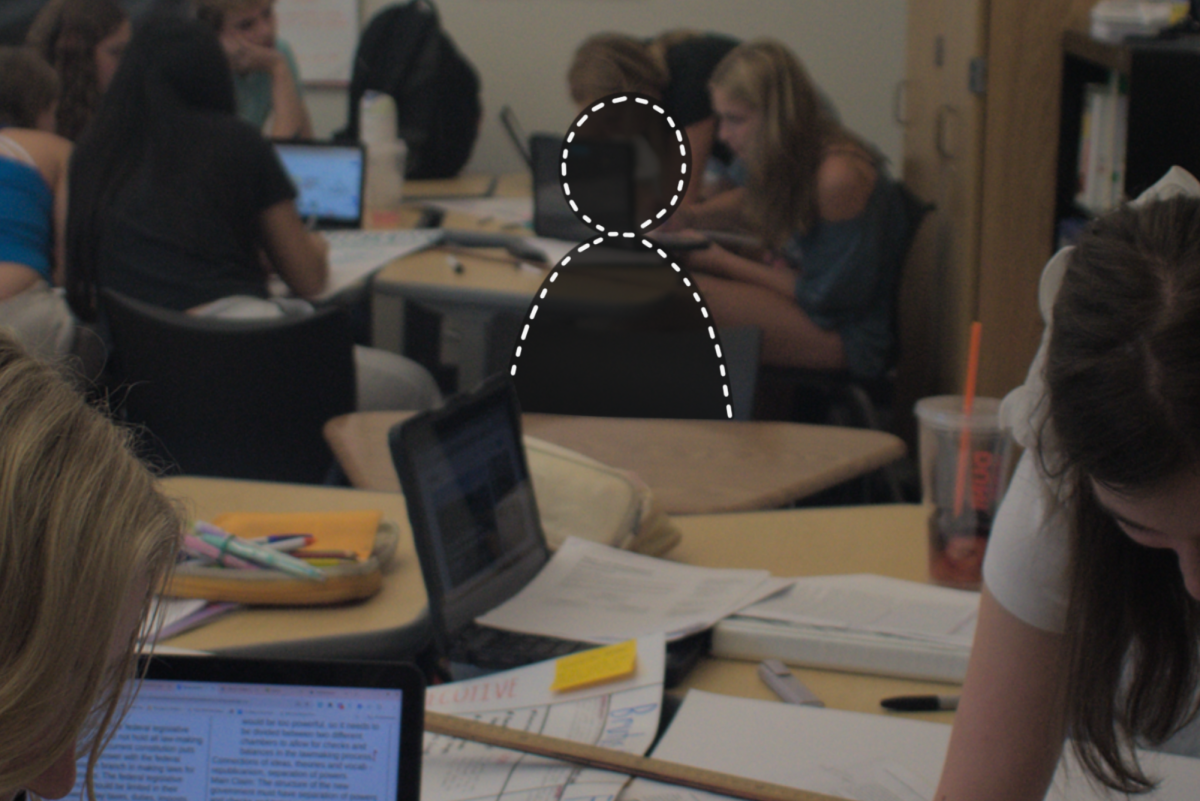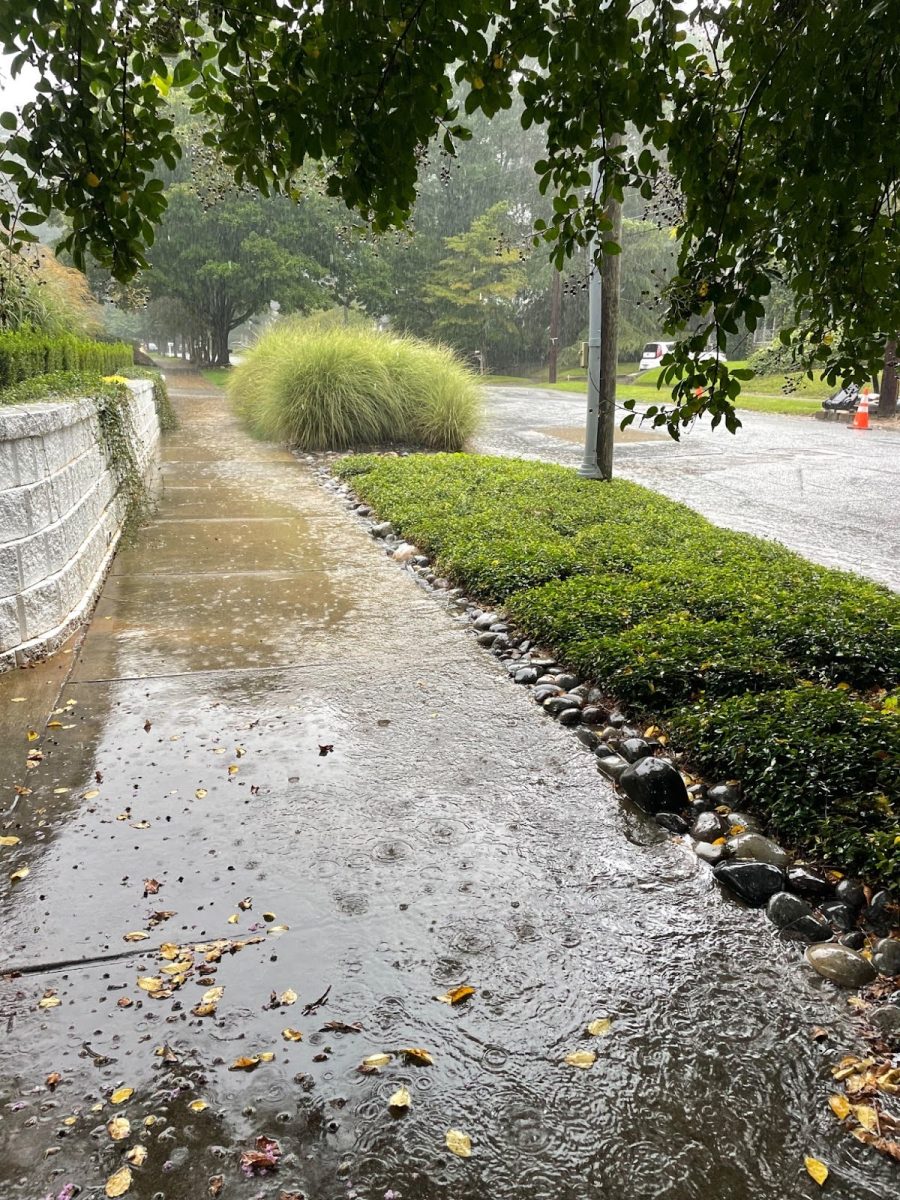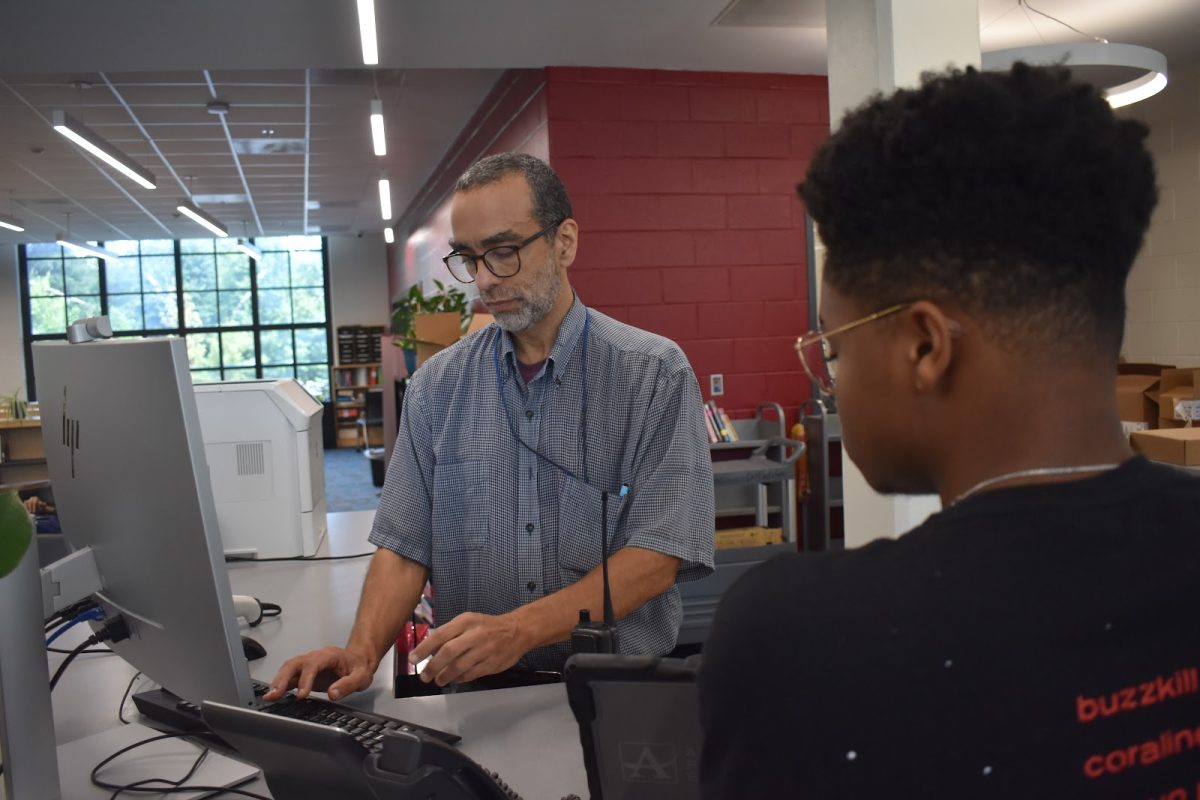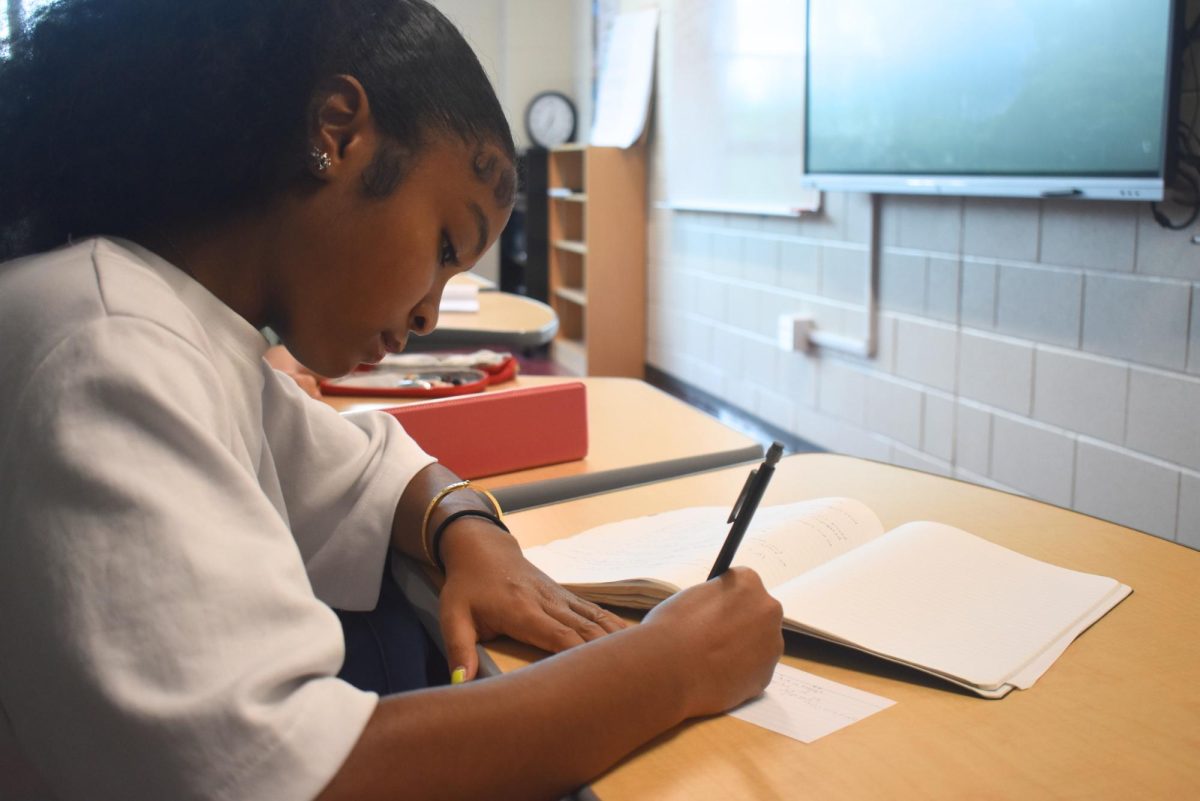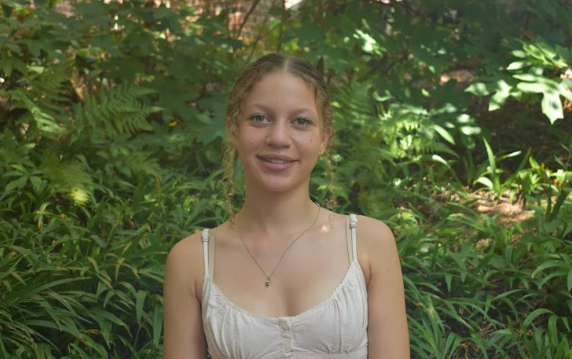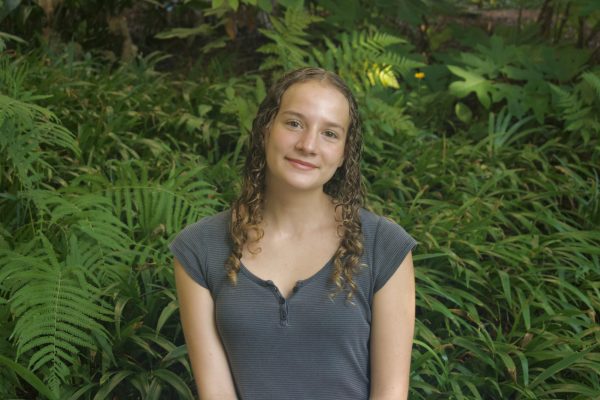Atlanta Public Schools plans to continue enforcing policies to reduce absenteeism and support students. Although absenteeism has improved since the pandemic, it still remains a concern. This year, existing policies are being enforced more consistently with early intervention.
“We are increasing the awareness of the policy to all stakeholders,” Assistant Principal and Behavioral Officer Dr. Melissa Davis said. “Student attendance and student achievement are connected.”
Dr. Jaqueline Anthony, APS director of social work services, said the district’s goal is to improve academic outcomes by identifying the root causes for the absences and aligning appropriate strategies to help students.
“Attendance has always been a focus for the district,” Dr. Anthony said. “We continue to analyze the data that drives support, and the push for attendance has to remain a focus for improvement and to help maintain good attendance.”
Dr. Cheryl Nahmias, Midtown’s student support specialist, believes the policies help teachers and administrators spot attendance patterns. A weekly attendance committee reviews whether students are present, tardy or absent – and if their absences are excused – so staff can take appropriate steps to assist them.
“[The attendance committee] would meet and review attendance,” Dr. Nahmais said. “Sometimes, they would have meetings with families where students were chronically not in attendance. They did a much stricter job last year on tracking tardies and making sure that kids were getting to class on time and getting to school on time.”
The attendance committee tries to provide positive incentives for attendance and make sure that students maximize their time in the classroom.
“I would say that it’s a combination of carrot and stick,” Dr. Nahmias said. “So, things that
are supportive, but also things that sort of set a boundary where if you don’t meet certain
expectations, then you’ll have some kind of consequence.”
Students are given many opportunities to be on time, like with designated parking spots and buses. If students don’t take advantage of them and continue to be tardy, the consequences are enforced.
“If you have one of the hundred coveted senior parking spots [and] you’re tardy, … I think it’s five or more times, you give up your spot and they give it to the next person,” Nahmias said. “So again, I’d put that under stick rather than carrot. If you’re going to drive here and you have a place to park, they have zero tolerance for you being late.”
Parent Katie Ludlam said the policy has stayed the same, but celebrates the stricter enforcement and faster communication of absences.
“I thought Midtown did a really good job last year of communicating the absentee policy,” Ludlam said. “They communicated it with direct mailing, social media, syllabus, Dr. [Betsy] Bockman had a principal coffee that was centered around attendance. I was always notified at the end of day if my child was absent.”
Ludlam does offer suggestions for greater improvement, as she believes these policies need to give students grace, taking into account other problems students struggle with outside of school that might hamper their journey to show up to class.
“The one main issue that I think APS has to really pay attention to with stricter enforcement is transportation,” Ludlam said. “You must be able to provide safe, timely and efficient means for students to get to school. I think this means taking into account traffic patterns, but just as the rules state that traffic is not an excuse for being late [or] missing, traffic or transportation is not an excuse for APS to not effectively get our students to school.”
Dr. Nahmias also takes into account the transportation time required to get to school each morning.
“Transportation and the ability of APS to meet kids with buses, surely it has an impact on attendance because if it takes you a good 25 minutes to walk to school, or even a half an hour or 45 minutes, the idea of getting up and doing that 45-minute walk can be demotivating,” Nahmias said.
Senior Sloane Crisler talks about how it can help other students like her to show up to class. She said reinforcements like detention have an impact on students, as no one wants to have detention.
“I think it could encourage students to not miss as much class as they do and not be as tardy as they are because no one wants to go to detention,” Crisler said. “I also think it might do the opposite and be too strict that students rebelled.”
Sophomore Zahmya Fallin notices strengths and weaknesses in the attendance policies as you learn to take accountability for not showing up to class but finds certain situations make the attendance policies difficult to follow.
“It’s really good and bad because I’ve noticed that when going up and down the stairs in a hall,
there are people walking slow, and it’s hard to get to your class,” Fallin said. “So, that’s bad because it’s not your fault if you’re late, but if you’re actually late, and you’re talking to your friends, walking around the school, then that’s also bad, but it’s also your fault.”
Fallin believes hallway congestion can make it difficult for students to be punctual, but arriving on time for each class is just as important as getting to school on time in the morning, according to Dr. Nahmias.
“I think sometimes people think of attendance as either here or not here, but once you’re in the building, actually being there at the start of each class is really important,” Dr. Nahmias said.
Ludlam believes that a stricter policy must also apply to adults in the building to ensure they actively enforce the policy.
“In order to have a successful school experience, you must be present,” Ludlam said. “Yes, we rely on technology, but there is still a significant portion that is dependent on in-person experience. Even if the school experience is just teaching you how to maintain a schedule that is important – you can’t have a job and not show up.”
Dr. Anthony believes reaching out to school social workers to coordinate plans when struggling with attendance issues, and also pointing to other resources such as “APS CARES” could be helpful.
“We would like students to review the current policy and make any recommendations they believe will be helpful to improving student attendance,” Dr. Anthony said.
Midtown, along with other APS schools has always advocated for and communicated stricter policy on attendance. The district plans to track its impact closely.
“Daily school attendance is important; if students don’t show up, they don’t learn,” Davis said.

